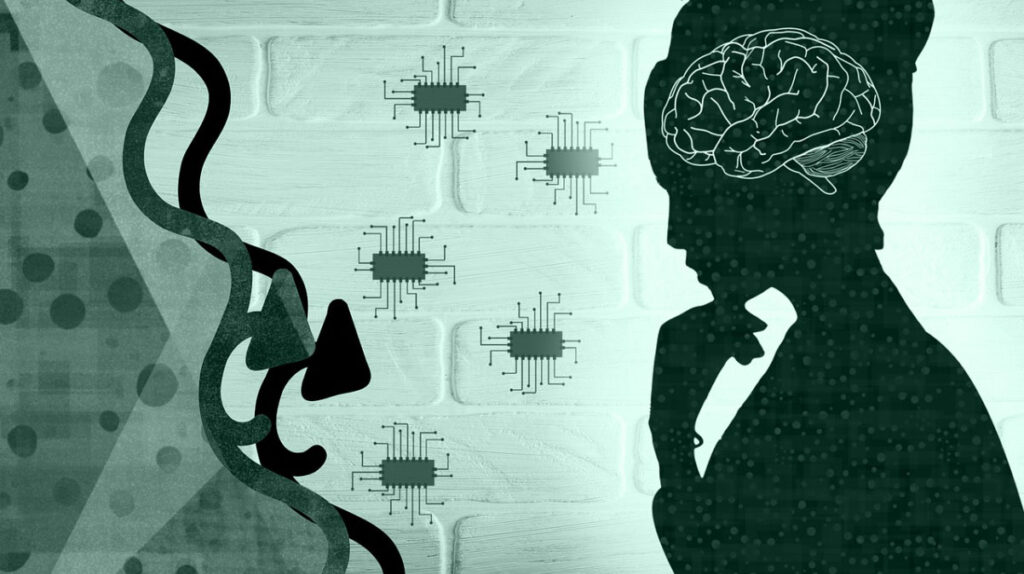Course description
The NCC team at UDG introduces a comprehensive training program focused on Artificial Intelligence (AI) and Machine Learning (ML) techniques. This course emphasizes practical implementations and theoretical foundations, preparing participants to tackle challenges in AI development and deployment. Developed in collaboration with industry experts and academic researchers, the program equips students with the skills to design, train, and optimize AI models for real-world applications.

Artificial Intelligence and Machine Learning represent a paradigm shift in how data is processed, analyzed, and leveraged to generate insights and predictions. However, deploying AI solutions requires a deep understanding of algorithms, computational techniques, and optimization strategies. This course bridges the gap between theoretical concepts and practical implementation by integrating High-Performance Computing (HPC), enabling participants to scale AI systems efficiently and handle large datasets.
As AI technologies continue to revolutionize industries, this course prepares students to apply their knowledge in diverse domains such as healthcare, finance, autonomous systems, agriculture, and education. Combining theoretical principles with hands-on experimentation, participants gain expertise to lead AI-driven innovation and digital transformation initiatives.
Course Content Overview (12 Modules):
- Mathematical Foundations – Linear algebra, calculus, probability, and optimization techniques essential for ML and AI.
- Introduction to Machine Learning – Basics of supervised and unsupervised learning.
- Linear Regression – Fundamentals and practical implementation.
- Logistic Regression – Concepts, models, and evaluation metrics.
- Regularization Techniques – Handling overfitting and improving generalization.
- Classification Algorithms – Decision trees, SVMs, and ensemble methods.
- Clustering Algorithms – K-means, hierarchical clustering, and DBSCAN.
- Natural Language Processing (NLP) – Tokenization, embeddings, and transformer architectures.
- Neural Networks and Deep Learning – Basics of feedforward networks and backpropagation.
- Convolutional Neural Networks (CNNs) – Applications in computer vision.
- High-Performance Computing (HPC) for AI – Fundamentals of distributed computing, GPU acceleration, and parallel processing. Using frameworks such as TensorFlow and PyTorch in HPC environments to optimize AI workloads.
- Capstone Project Development – End-to-end AI model design, implementation, and evaluation.
Learning Outcomes:
- Develop and implement machine learning and AI models using Python-based frameworks like TensorFlow and PyTorch.
- Understand and leverage HPC infrastructure to deploy scalable AI solutions.
- Design, train, and optimize neural networks for tasks such as NLP, computer vision, and reinforcement learning.
- Evaluate AI models for performance, scalability, and ethical considerations.
- Build and manage machine learning pipelines, addressing deployment challenges with MLOps practices.

